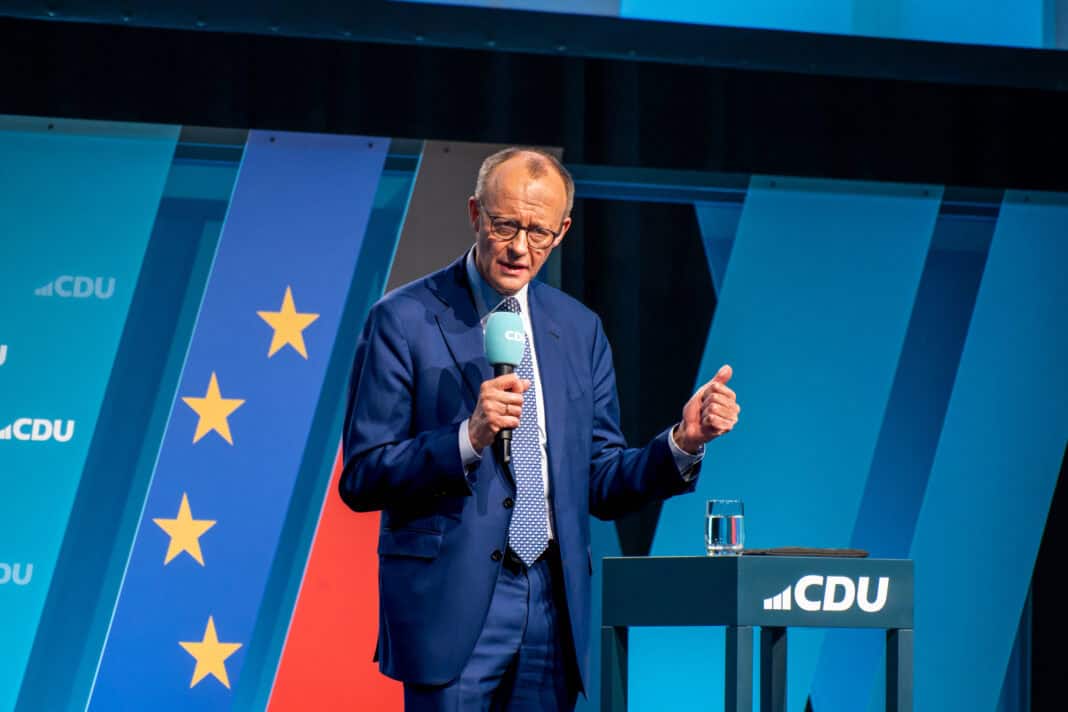Germany’s exit polls reflected the wider European trend of centre-left losses amid growing support for the far-right — but unlike the Netherlands, the latter didn’t win.
The CDU/CSU Union (Christian Democrats) received 28.5% of the vote, while the far-right Alternative for Germany (AfD) surged to over 20%.
Germany’s Conservative win is being welcomed in the Netherlands with some cautious relief, reports the AD.
Big hopes for Merz among the Dutch
Friedrich Merz, leader of the CDU and soon-to-be chancellor, faces high expectations — not least in his position against AfD’s vision for Germany and Europe.
Whether swung by the voters’ rejection of Trump and Putin, or Germans wanting to remain in the EU, this win holds great international weight.
In the Netherlands, entrepreneurs, politicians, and researchers see the potential for a much-needed, strong, new German leader in Merz.
Congrats to @_FriedrichMerz on today’s election victory in 🇩🇪
Looking forward to working with you in this crucial moment for our shared security. It’s vital that Europe step up on defence spending and your leadership will be key.— Mark Rutte (@SecGenNATO) February 23, 2025
The Dutch are hopeful that Merz’s leadership could urge collaborative projects, such as the building of new CO2 and hydrogen pipelines from the Netherlands to Germany.
Collaboration without far-right ideals
Unlike the Dutch PVV, the German far-right party AfD did not score a win, and Merz outright rejects cooperation with them.
GRATULIERE @Alice_Weidel und @AfD !!!
👍👍👍— Geert Wilders (@geertwilderspvv) February 23, 2025
Translation: Congratulations @Alice_Weidel and @AfD !!!
Instead, he is expected to cooperate with the SPD. Together, they would have 328 of the total 630 parliament seats.
But Dutch hopes for collaboration rest on Merz’s ability to quickly form a coalition so he can officially step in as chancellor.
The coalition countdown is on
We can expect the coalition forming to take a few weeks, maybe months.
However, for the director of the Germany Institute, Ton Nijhuis, every minute counts: “Haste is required. The world is on fire.”
READ MORE | The 19 biggest differences between Germany and the Netherlands
The longest time for a German coalition agreement was six months in 2017 — child’s play compared to the 299 days it took the Netherlands in 2021. 😳
How do you feel the German election results will impact the Netherlands? Let us know in the comments!



